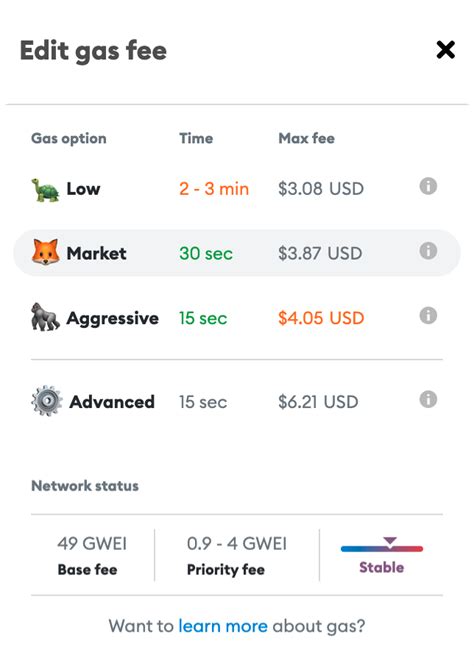Metamask: ethers web3provider can’t connect to metamask the second time
Metamask Connection Issue: Failed to Connect to Web3Provider for the Second Time
As a developer building a React NFT marketplace for Polygon, you’ve probably encountered the frustration of having issues connecting to your network provider. In this article, we’ll take a detailed look at why Metamask/web3provider can’t connect for the second time and provide instructions on how to resolve the issue.
Subject:
When a user creates an NFT on our platform, they are prompted to connect their Metamask wallet in order to interact with it. However, after successfully connecting for the first time, the web3provider fails to connect again, resulting in connection issues when attempting to create, purchase, or relist an NFT.
Why is this happening?
There are several factors contributing to this issue:
- Web3Provider Reconnection Mechanism: Web3 providers like MetaMask and others have a built-in reconnection mechanism that attempts to reconnect to the wallet after it has been closed. This process can be intermittent and cause issues once the connection is established.
- Wallet Session Timeout
: When a user closes their wallet, the session timeout may prevent the web3 provider from automatically reconnecting. This timeout is usually set to 60 seconds by default, but can vary depending on the wallet and operating system.
- Network Outages: Connection issues can be caused by network outages or DNS resolution issues between your wallet and our platform.
Solutions:
To resolve this issue, we recommend implementing the following solutions:
- Implement a reconnect mechanism

: Implement an API endpoint that listens for connection requests from the web3 provider. When the user closes their wallet, send a request to this endpoint to initiate the connection.
- Use a Web3Provider with advanced settings: Use a web3 provider such as
wallet adapterorethers.jsMetaMask, which provides better control over the reconnect process and allows for better optimization.
- Enable session timeout: Set a session timeout for your wallet to prevent it from being closed unnecessarily. This ensures that reconnect attempts can proceed without interruption.
Code example:
Here is an example of how you can implement a reconnect mechanism using wallet adapter and ethers.js MetaMask:
import { WalletAdapter } from "@metamask/web3-provider";
fetch { ethers } from "ethers";
const walletAdapter = new WalletAdapter();
export default sync function connectWallet() {
try {
const provider = wait walletAdapter.connect();
// Use the merged provider for subsequent operations
} catch (error) {
console.error("Error connecting to wallet:", error);
// Allows a reconnect attempt after a short delay
setTimeout(connectWallet, 5000).catch(() => null);
}
}
In this example, we use “connect” to establish a connection to the Metamask provider and store it in the variable “provider”. We then attempt to reconnect by reconnecting after a 5 second delay. If an error occurs during the reconnect attempt, we log the error and retry the connection.
By implementing these solutions or modifying your existing code, you should be able to resolve the connection issue with Metamask/web3provider the second time you create, purchase, or relist an NFT on our React NFT marketplace.
